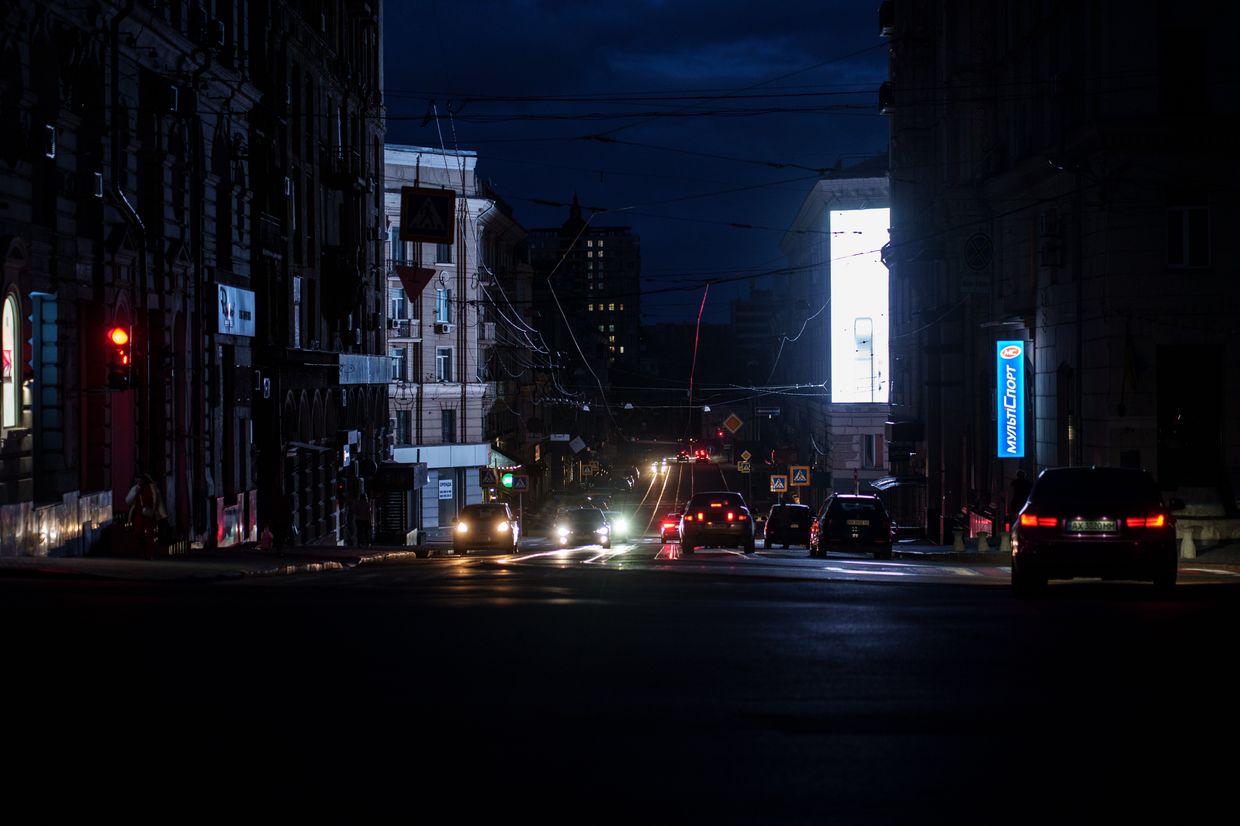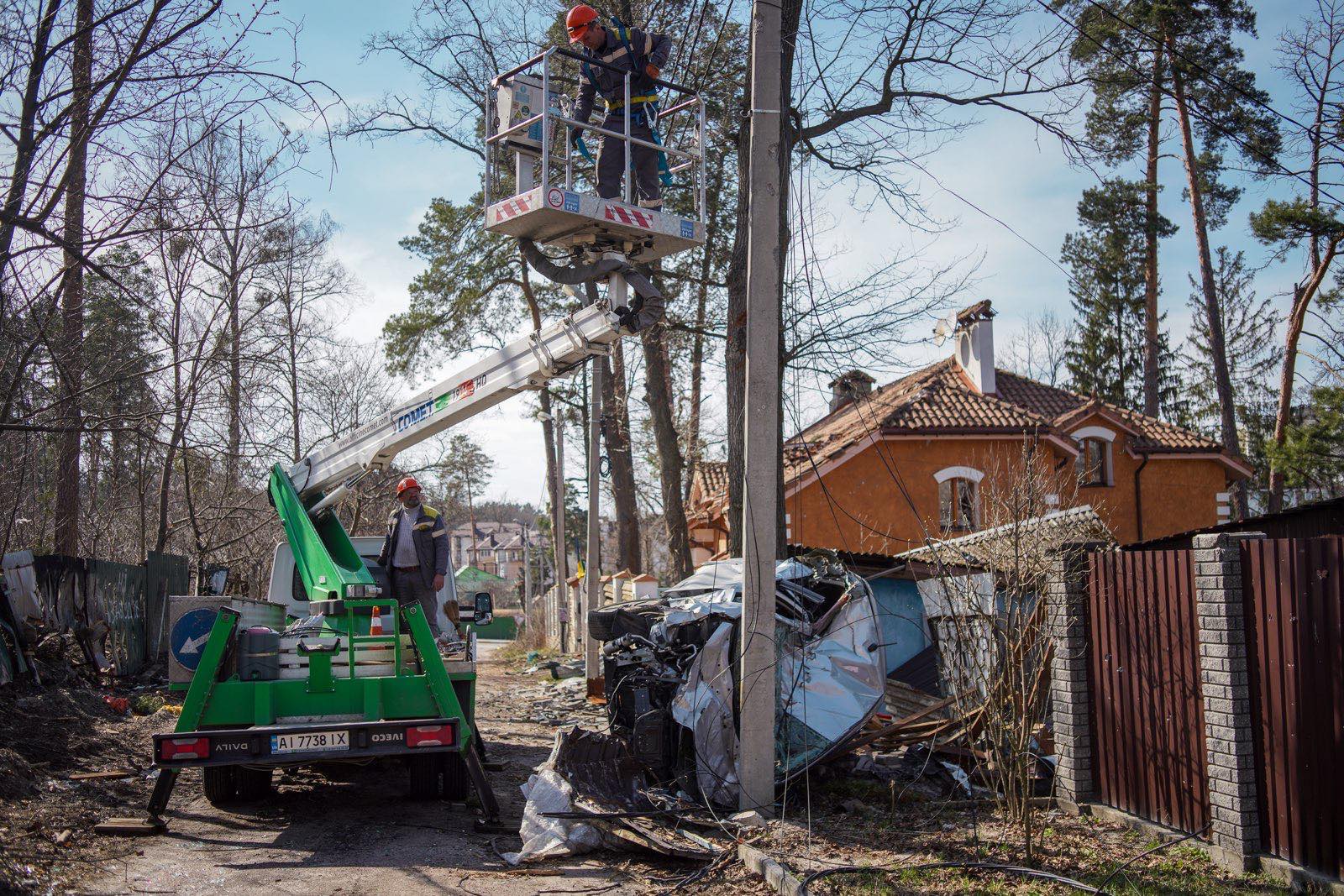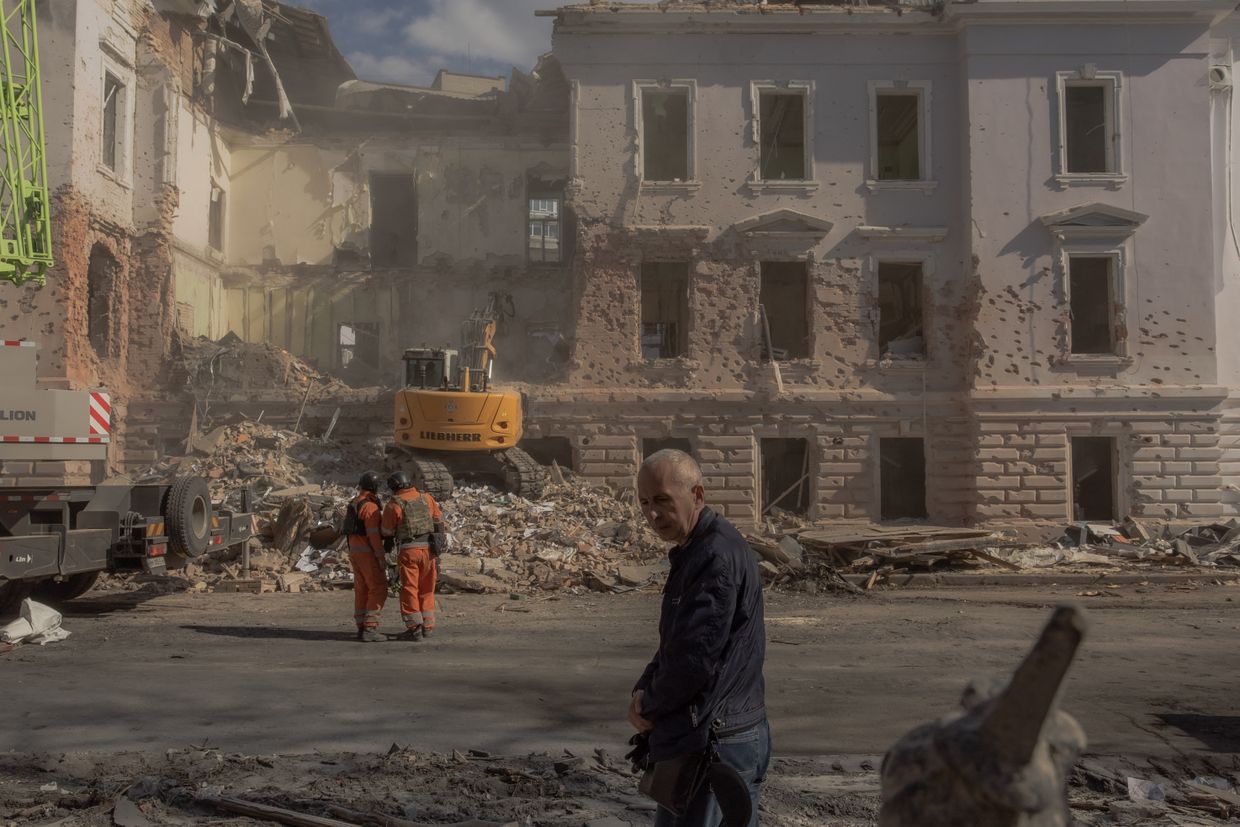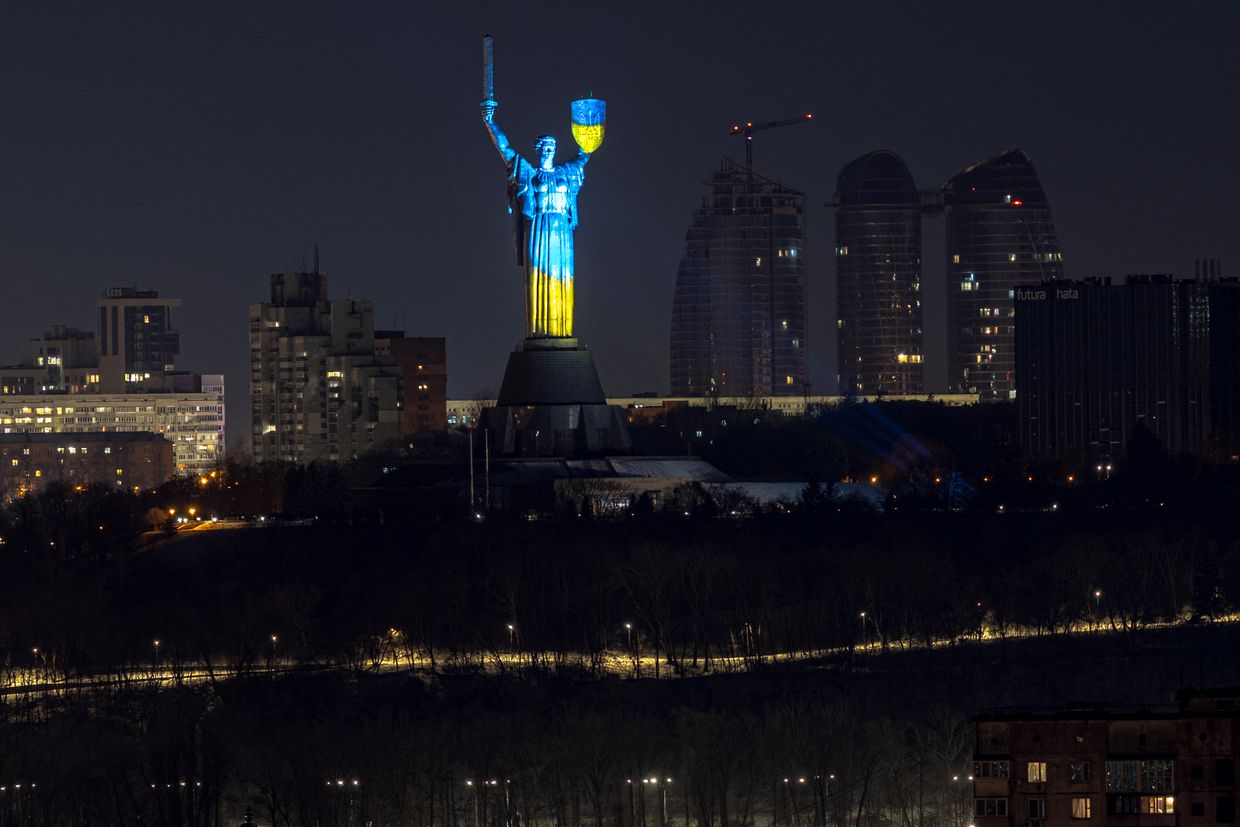Energy workers came under a Russian Lancet drone attack in eastern Donetsk Oblast during repair work, the Energy Ministry said on May 19.
There were no casualties and the workers halted their work to be transferred elsewhere, according to the ministry's statement on Facebook.
The latest drone attack on energy workers comes as Russia continues to target Ukraine's energy infrastructure with various types of weapons across the country. Russia aims to destroy Ukraine's power grid, a brutal campaign condemned by Kyiv and Western allies. According to the Geneva Convention, attacking vital public infrastructure constitutes a war crime.
The ministry did not specify the location of the attack.
Throughout over two years of the full-scale war, Russia has repeatedly targeted energy workers who are repairing power lines in front-line areas and rescuers working to save lives – making it dangerous to help the remaining civilians in regions like Donetsk Oblast, where fierce fighting rages on.
Russia initially began its campaign of striking energy infrastructure across the country in October 2022, causing power outages and killing civilians. In April 2023, the state-owned power grid operator Ukrenergo reported that Russian forces had used over 1,200 missiles and kamikaze drones to attack Ukraine’s energy system since October 2022.
March and April 2024 were also a difficult month for Ukraine's energy grid.
Moscow launched large-scale attacks on energy facilities across the country on March 22, March 29, April 11, and April 27.
The most damage was caused by the attacks on thermal, and hydroelectricity generation facilities. Russian troops have been attacking other energy infrastructure facilities on a daily basis as well, using drones, artillery, and missiles, the minister added.
Russian strikes against Ukraine's energy infrastructure have cost the state over $1 billion in damage, Energy Minister Herman Halushchenko said on May 5 on national television.
In late March, Russia launched another large-scale, significantly damaging one of the two power stations of Zaporizhzhia's Dnipro Dam.













